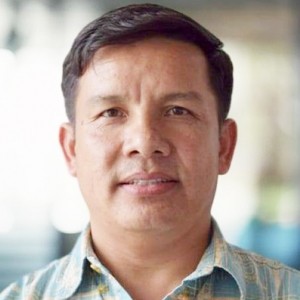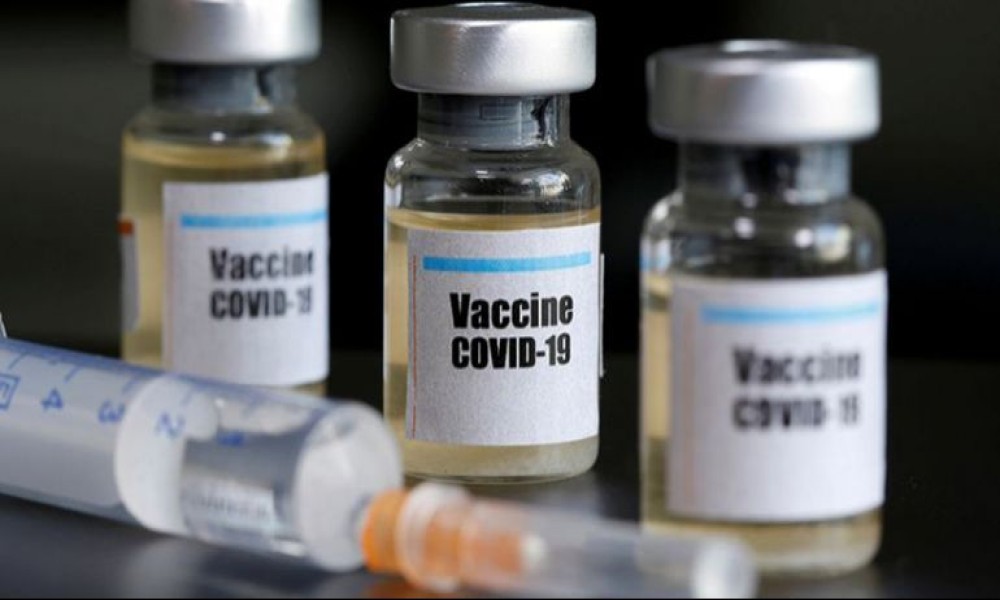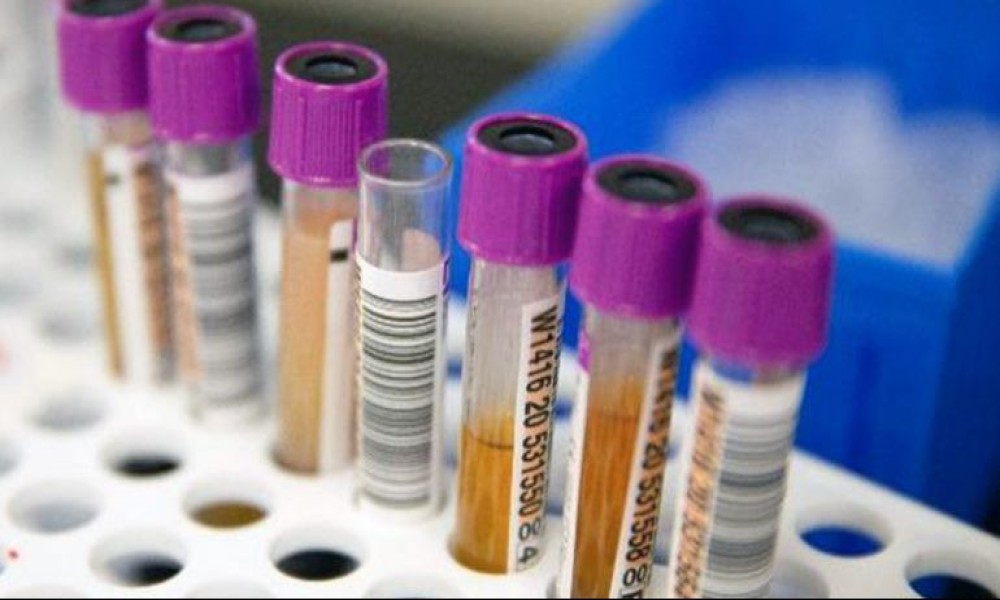The COVID-19 pandemic has upended the world, claiming around 1900 lives in Nepal alone. New cases are being reported every single day. People are falling victims to the disease every day.
On the bright side, more than 250,000 infected people (97 percent) have already recovered from the disease in Nepal. But still, we are not safe from the risk of contracting the disease. The coronavirus has spread to even far-flung districts like Dolpa. The UK and several other European nations have again issued prohibitory orders as the new strain of the virus is transmitting even more rapidly.
Although some vaccines have been approved, there is a need for cautious approach as the safety and reliability of the vaccines have not yet been established while easy access and availability of the vaccine also remains to be seen.
Although some vaccines have been approved, there is a need for cautious approach as the safety and reliability of the vaccines have not yet been established while easy access and availability of the vaccine also remains to be seen. The USA, Canada and the UK have already started giving vaccines to their citizens. India and Brazil have also approved vaccines recently. Other countries are also making preparations to produce the vaccine or to purchase them for their citizens. Russia’s Sputnik V and Covaxin produced by India’s Biotech have courted some controversies.
The new strain of coronavirus has already travelled to the USA and Japan from Europe, and even to Nepal. Japan’s capital Tokyo has recently imposed emergency. There isn’t any guarantee that the new strain of coronavirus will not spread in Nepal. The number of PCR tests have been reduced in the country while contact tracing is not effective in Nepal. There is also carelessness at quarantine facilities. The market and transportation have opened. Protests are taking place in the streets.
The High-Level Coordination Committee for Prevention and Control of Covid-19 recently recommended that the government reopen educational institutes and cinema halls. The minimum standards of public safety have not been adopted in the country. Most of the people are not concerned about Covid-19 anymore. This is not a good sign. Both the government and the citizens should act responsibly.
The High-Level Coordination Committee for Prevention and Control of Covid-19 recently recommended that the government reopen educational institutes and cinema halls. The minimum standards of public safety have not been adopted in the country.
Covid-19 vaccine will be available sooner or later. But is it within the reach and purchasing capacity of the common people? Coronavirus has badly affected people from poor background and low-income families. Many businesses have collapsed and jobs terminated due to the impact of Covid-19. The vaccines cost anything between US$ 3 to 37. But the concern is that the people who have problems securing two square meals cannot afford to buy the vaccine.
Countries like the USA and Australia have announced to provide the vaccine to its citizens free of cost. The Government of Nepal has also pledged to provide the shots free of cost. But the credibility of the government’s claim has been called into question. The government should prove it through deeds not just in speeches. No one has any idea how this is possible. The government is unaware about how many doses of vaccine it shall import and from which country. The only topics under discussion right now are the company from which the vaccines will be purchased and who shall fix the deal. Middlemen have already started bargaining for a deal. It wouldn’t be a surprise if the staffers at the Ministry of Health and Population get transferred due to this very reason. No vaccine can arrive in the country without the government’s approval. The public is not in a position to choose vaccines produced by different companies.
Another issue is how much money can the government spend for the vaccines. The funding from donor agencies is yet to be fixed. Social obligation and monitoring is also an issue. Otherwise, many people will take advantage of this opportunity to become rich while the country will become poor.
There isn’t any doubt that the financial burden created by coronavirus on individual citizens, families and the state will be immense.
Unfortunately, the government at this moment is more concerned about election rather than securing vaccines for the public.
There are also various aspects related to the import of vaccines and their management. Issues related to the origin of vaccine (production and packaging), transportation, storage facility, freezing technology are of vital importance.
Even if we have the required technology, its expenses are high and regulation the expenses is a challenge. There is no use of taking the shots if the vaccines are not maintained in certain temperature. Therefore, it is important to have programmes for effective use of the vaccines.
Even if we have the required technology, its expenses are high and regulation the expenses is a challenge. There is no use of taking the shots if the vaccines are not maintained in certain temperature. Therefore, it is important to have programmes for effective use of the vaccines.
Another concern is the trend of using placebo during trials. During the community level experiment of any new vaccine, a certain group is given the real vaccine while others are administered placebo which resembles the medicine but lacks active substance and is used for comparing the results. People might hesitate to take the vaccine if they are aware about this fact.
It is obvious that the people will have doubts regarding the vaccines launched for the first time and will hesitate to take them.
Recently, a small study was conducted through social media. The study shows that a certain group of people in Nepal are ready to take the vaccines while others are still hesitant. In an average, 70 percent of the respondents said they have been affected in some way by coronavirus. Altogether 76 percent of the respondents said they were ready to take the vaccine. However, 55 percent of the respondents are not ready to buy the vaccine themselves. Majority (52 percent ) of the respondents were between 21 to 40 years while 42 percent of the respondents were of 41 to 60 years age group. They were mostly literate citizens of the urban areas who have access to internet (32 percent female and 68 percent male).
Among them, 56 percent have attained Masters Degree or equivalent degree. Therefore, this study tells the views of only the educated urban population who know how to use latest technology. The common people have not been included in the survey. The vital question is which particular group will have the access to the vaccine. It is obvious that those close to the ruling party and influential persons will have access to the vaccines first. Most of the countries have started giving vaccines to the health workers, security forces, sanitation workers, elderly people and children who are at high risk of infection. But there are doubts in Nepal regarding who will get the shots first.
It might take one or two more years for the vaccine to reach the poor and indigenous people who live in remote areas across the globe. Least developed countries will have to wait for some more time before they get access to the vaccine. People from the poor and backward communities are far from basic health services.
The vaccine has become a center of attraction for researchers, pharmaceutical companies and the stakeholders of global politics. There is a race among the companies to launch the vaccine in the market. The entire world is a market for Biotech, the produced and distributor of the vaccine. Therefore they are working relentlessly for making the vaccine available.
According to the Centre for Disease Control and Prevention, it is natural for the Covid-19 vaccine to have side effects. The side effects will subside within a few days. But there is no alternative to the vaccines.
It might take one or two more years for the vaccine to reach the poor and indigenous people who live in remote areas across the globe. Least developed countries will have to wait for some more time before they get access to the vaccine. People from the poor and backward communities are far from basic health services. They are likely to be the ones who will be the last to receive the vaccine.
(The original version of the Nepali article was published on 5 January, 2021)







